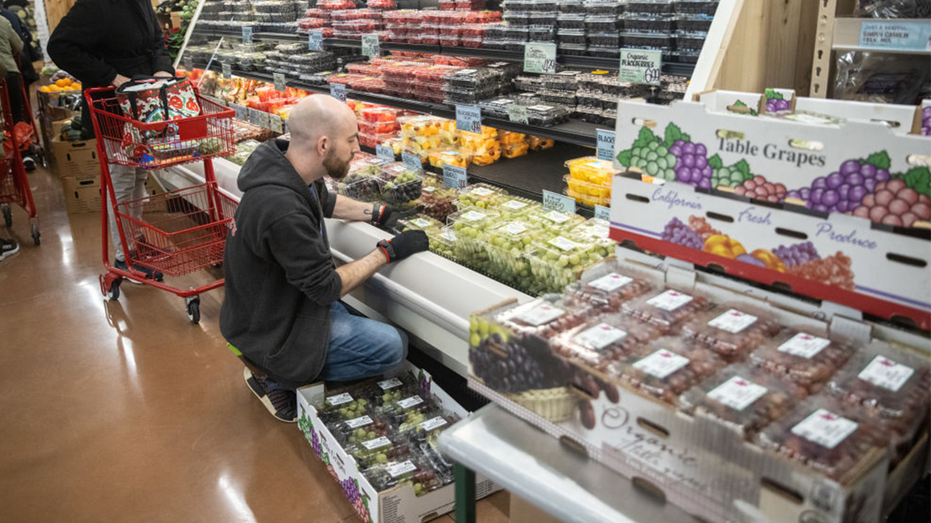Check out what’s clicking on FoxBusiness.com.
American consumers may soon have to do without some popular fruits, including bananas, when they are grocery shopping, as fruit aisles could be empty and prices may soar if 45,000 dockworkers threatening to strike end up walking off the job.
The International Longshoremen’s Association, or ILA, is negotiating on behalf of the 45,000 dockworkers at three dozen U.S. ports that collectively handle about half of the nation’s seaborne imports. The group said its members are prepared to stop working if they do not have a new contract by Oct. 1.
The potential strike could potentially bring major East Coast and Gulf Coast ports to a standstill, which could eventually lead to a reduced supply of popular fruits, plywood and other products, according to the Daily Mail.
POTENTIAL PORT STRIKES SEND RIPPLE EFFECTS THROUGH SUPPLY CHAIN, THREATEN INFLATION
About 45,000 dockworkers are prepared to stop working if they do not have a new contract by Oct. 1. (Fabian Sommer/picture alliance via Getty Images / Getty Images)
Americans consume more bananas per capita than any other fresh fruit. About two-thirds of bananas are unloaded in the U.S. at these ports.
A key distribution port for Dole Fresh Fruit Co. and Chiquita Fresh North America, Port Wilmington in Delaware is the top location in the U.S. for unloading bananas and other fruit, including grapes from Chile, clementines from Morocco, pears from Argentina and kiwifruit from New Zealand.
PORT STRIKES COULD HAVE ‘DEVASTATING’ IMPACT TO ECONOMY, RETAIL TRADE GROUP SAYS

About two-thirds of bananas arrive in the U.S. at East and Gulf Coast ports. (Getty Images)
The fruit would spoil if left on the docks for too long, or the fruit would become more expensive given the delays and extra refrigeration requirements.
“Any fruit that arrives after Oct. 1 will be condemned to the trash can,” Peter Kopke Sr., a produce importer, told The Orange County Register. “And all of the people who have invested in that business will lose a fortune.”
Industry experts warn that a weeklong work stoppage could lose the economy roughly $7.5 billion, according to the outlet.

The potential strike could potentially bring major East Coast and Gulf Coast ports to a standstill. (Getty Images)
GET FOX BUSINESS ON THE GO BY CLICKING HERE
ILA’s demands include an 80% pay raise over six years, claiming that workers deserve a share of profits foreign-owned container carriers received during the pandemic.
The group is also demanding more restrictive language on automation, arguing that some companies are using technology in violation of the current contract.
Credit: Source link




